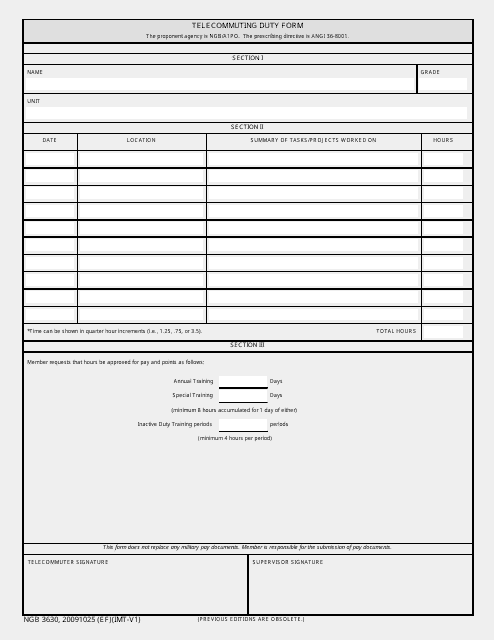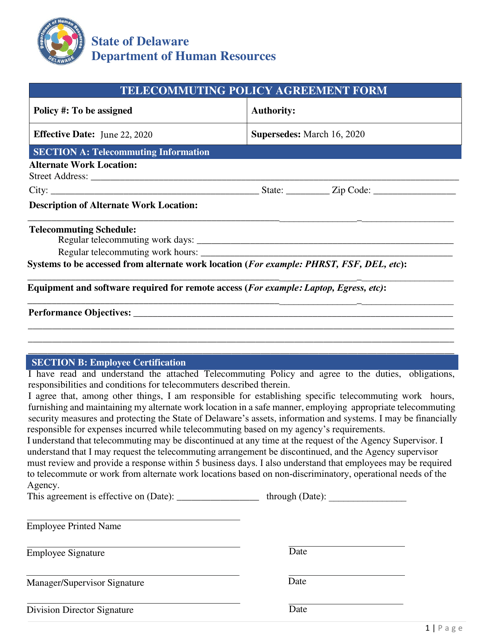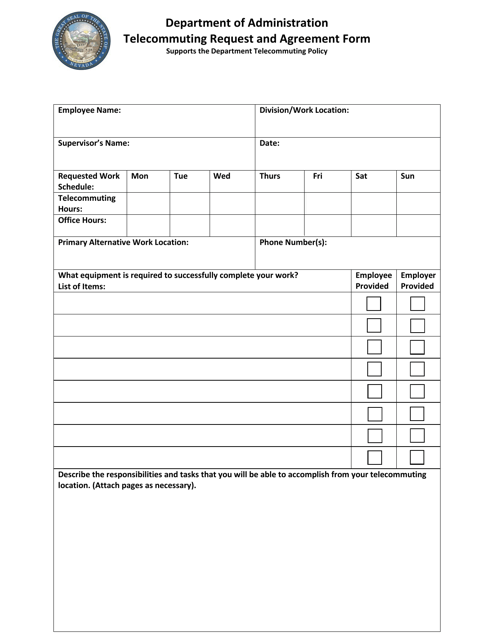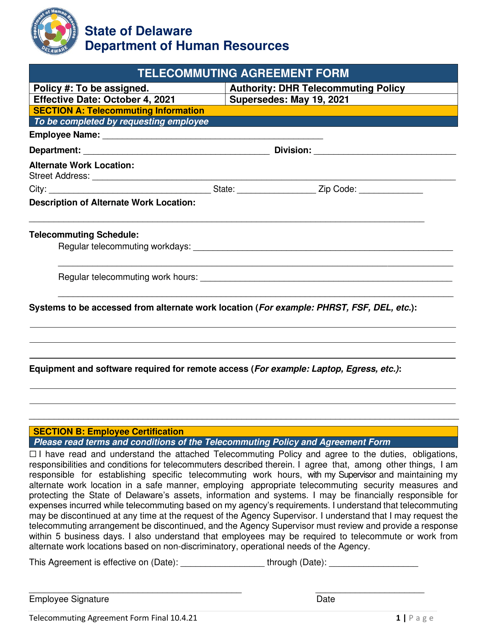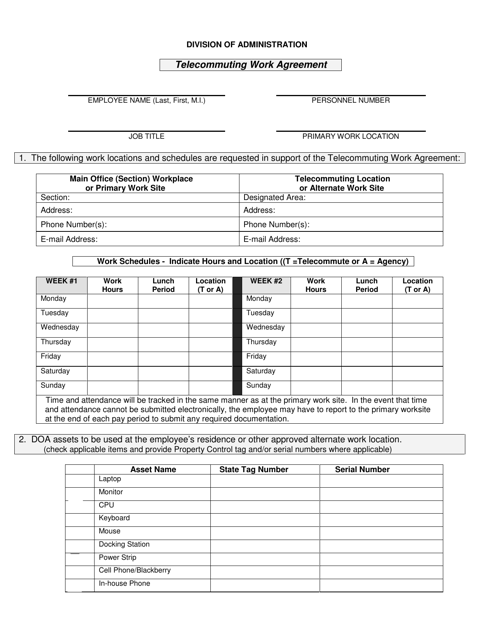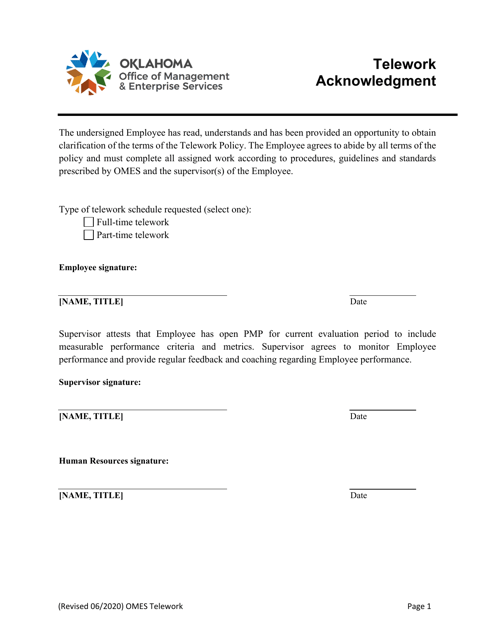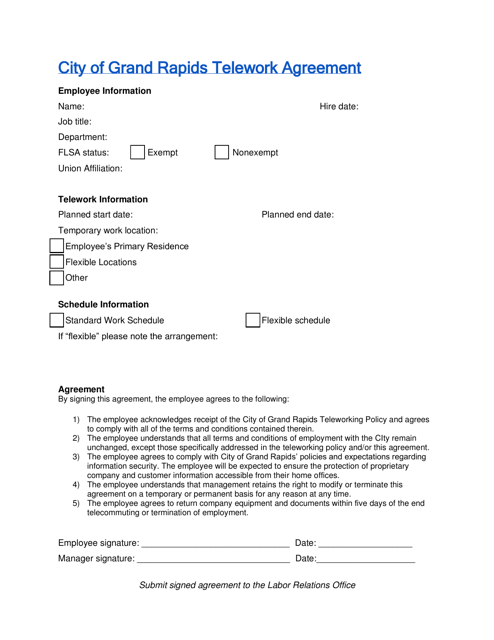Telecommuting Policy Templates
Telecommuting, also known as remote working or telework, is becoming increasingly popular in the modern workforce. As companies continue to embrace flexible work arrangements, it is important to have a well-defined telecommuting policy in place. This policy outlines the guidelines and expectations for employees who wish to work remotely.
Our telecommuting policy provides comprehensive guidelines for employees who want to take advantage of telework opportunities. It establishes the criteria for eligibility, the process for requesting telecommuting privileges, and the responsibilities of both the employee and the employer. By implementing a telecommuting policy, organizations can enhance employee satisfaction, improve work-life balance, and increase productivity.
Our telecommuting policy, also referred to as a telework policy, is designed to address the needs of various jurisdictions. Whether you are in the United States, Canada, or any other country, our policy can be customized to comply with local labor laws and regulations. For instance, the NGB Form 3630 Telecommuting Duty Form and the Telecommuting Policy Agreement Form are specific documents tailored for Delaware, ensuring compliance with state-specific requirements.
In addition to Delaware, our telecommuting policy is also adaptable to other locations, such as Oklahoma and the City of Grand Rapids, Michigan. The Telework Acknowledgment in Oklahoma and the Telework Agreement in Grand Rapids are examples of how our policy can be fine-tuned to meet the unique needs of different regions.
Implementing a telecommuting policy not only benefits employees but also offers advantages to employers. By allowing employees to work remotely, organizations can tap into a wider talent pool and attract skilled professionals who value flexibility. Furthermore, telecommuting can reduce overhead costs, such as office space and utilities, leading to significant cost savings.
Whether you call it a telecommuting policy, telework policy, remote work policy, or work-from-home policy, our comprehensive document collection provides the framework for a successful telecommuting program. Empower your workforce with the flexibility they desire, while maintaining productivity and compliance with our telecommuting policy. Contact us today to learn more about how our telecommuting policy can benefit your organization.
Documents:
8
This document is used for requesting telecommuting duty in the National Guard Bureau (NGB). It allows members to request temporary remote work arrangements.
This Form is used for employees in Delaware to formally agree to the company's telecommuting policy.
This Form is used for requesting telecommuting and agreeing on terms in Nevada.
This document outlines the terms and conditions for employees in Louisiana who work remotely from home. It covers aspects such as work hours, equipment provision, and confidentiality agreements.
This document is used for acknowledging the understanding and acceptance of telework arrangements by employees in the state of Oklahoma.
This document is a Telework Agreement used by the City of Grand Rapids, Michigan. It outlines the terms and conditions for employees to work remotely.

